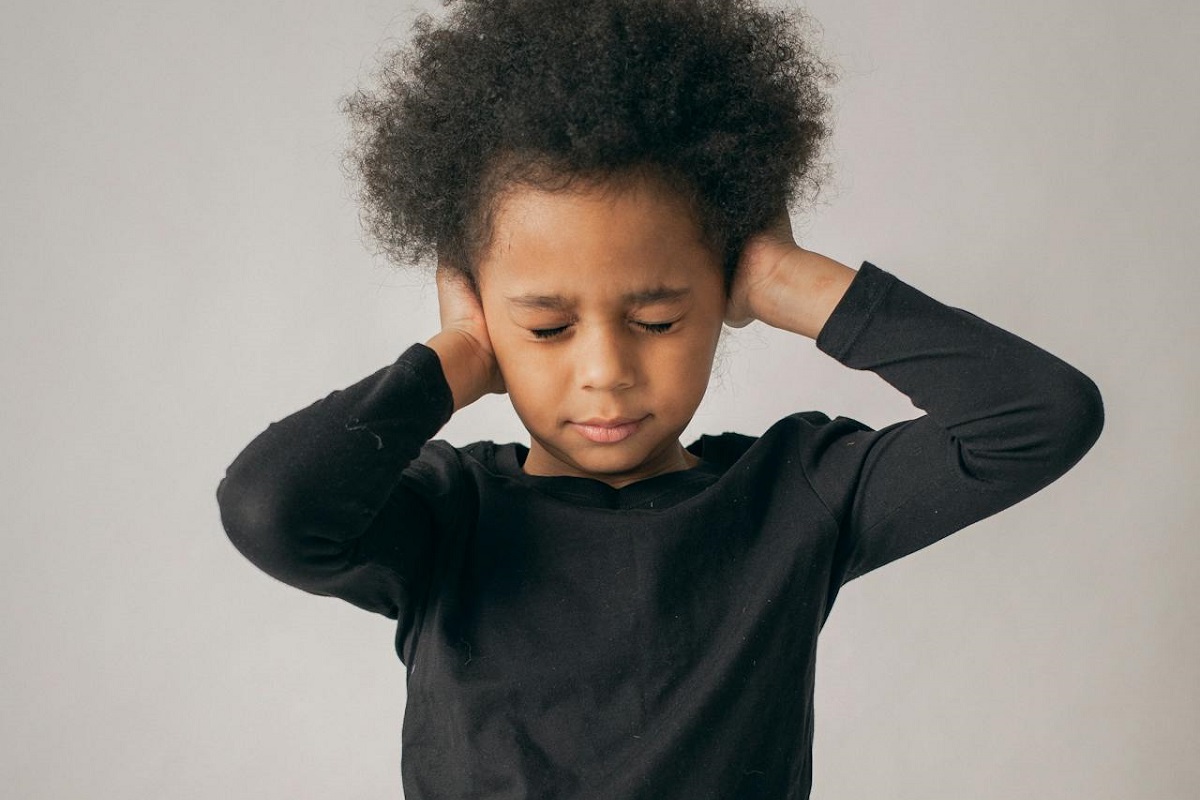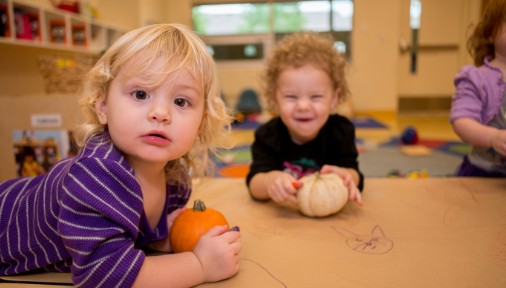How to Overcome Common Childhood Fears with Gentle Parenting
If you’ve been wondering how to help your child deal with their fears we can help you. As children grow, they may begin to experience fears that may seem irrational to adults like monsters, the dark or loud noises. Children’s fears can be challenging for parents to navigate but with the help of gentle parenting techniques you can help your children to deal with and overcome their fears.
Acknowledge & Validate Their Feelings
The first step in addressing your child’s fears is to make sure you’re acknowledging and validating their feelings. Don’t dismiss your child’s fears as silly or irrational – instead take the time to sit down with them and listen to exactly how they’re feeling and what they are afraid of. You should be able to sit down with your child and have an open and honest conversation about their fears so they know that they have a safe space for them to express their feelings without judgement.
Be Empathetic
Empathetic language is a really powerful tool when it comes to gentle parenting. Instead of using phrases like “There’s nothing to be scared of” try saying things like “I understand the dark makes you feel scared and that’s okay.” This change of language helps to show your child that you’re acknowledging their emotions and showing them empathy. This kind of language shows your child that it’s okay for them to be scared and that you’re to support them.
Gradual Exposure
Gradual exposure is an excellent technique for trying to overcome fears in both children and adults. Instead of trying to push your child into situations that trigger their fears, you are better off gradually exposing them to scary situations in controlled environments. If your child is afraid of the dark, try dimming the lights slightly during bedtime and gradually make their room darker over time as they become more comfortable.
Create a Safe Environment
It’s vital to make your child’s environment a safe and comforting space. This could be by using a nightlight at bedtime or having a special stuffed animal in order to provide comfort. When you create a positive environment in their room you help your child to feel more safe and secure.
Be a Role Model
Your child will often look to you as their parent for a role model, if you show calm and positive behaviour in the face of challenges or their fears your child is more likely to follow in your footsteps. You may even want to share stories from your own childhood about how you overcame your fears, emphasising the fact that it is a natural part of growing up.
Encourage Coping Mechanisms
Teach your children age-appropriate coping strategies when they are feeling anxious or fearful. These could be deep breathing exercises, positive affirmations or visualisation techniques, encouraging them to use these strategies when they are feeling anxious in an attempt to get them to take control of their emotions.
Seek Professional Help
If your child’s fears don’t alleviate or they begin to significantly interfere with their daily life you may want to consider seeking professional help from a child psychologist. A professional could help you identify the root causes of the fears and also give them tailored strategies to work through their fears.
How Can Young Academics Help?
At Young Academics we know that dealing with children’s fears requires patience, empathy and a gentle approach overall. We work to acknowledge their feelings and work with your children to build resilience in your child.
We know that every single child is different and that the journey to overcoming their fears may vary but we are committed to working with parents and families to provide you with the support and understanding you need to help your child face their fears with confidence.
Contact us today for more information on how our Early Learning Centre staff can help work with you and your child to overcome their childhood fears.







